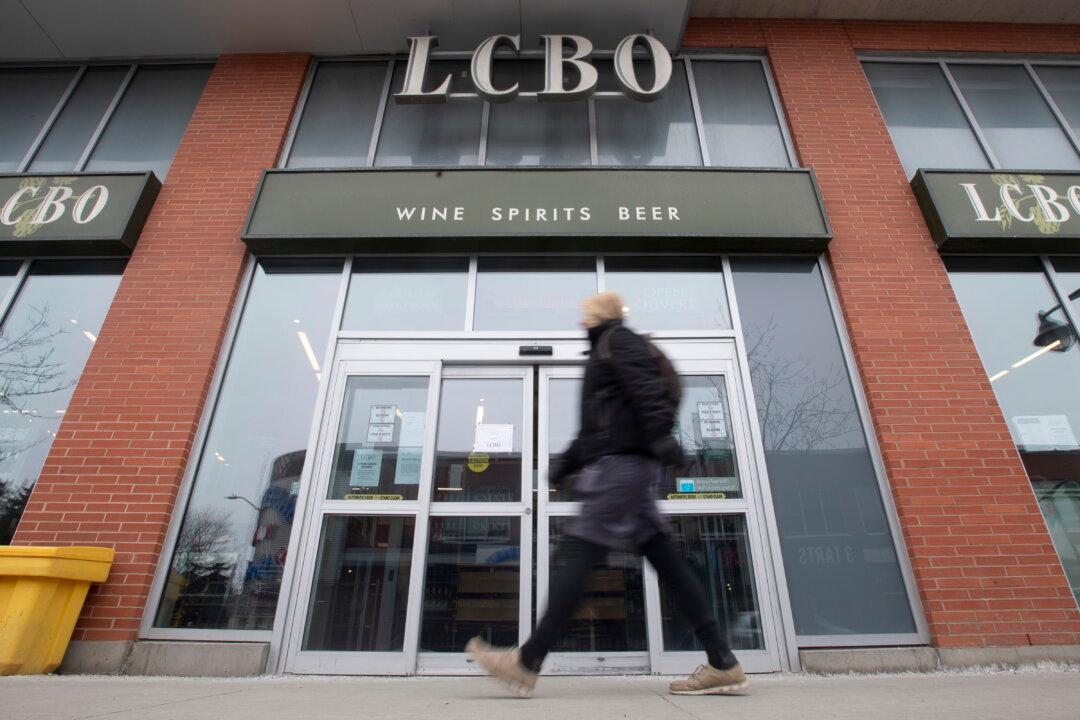More than 9,000 Ontario liquor store employees walked off the job on July 5, marking the first Liquor Control Board of Ontario strike in the province’s history.
The strike will result in the closure of LCBO stores for two weeks, the Crown corporation said in a July 5 press release. If the strike goes past the 14-day mark, the province will open 32 LCBO retail stores for in-store shopping Friday through Sunday with limited hours in effect.





